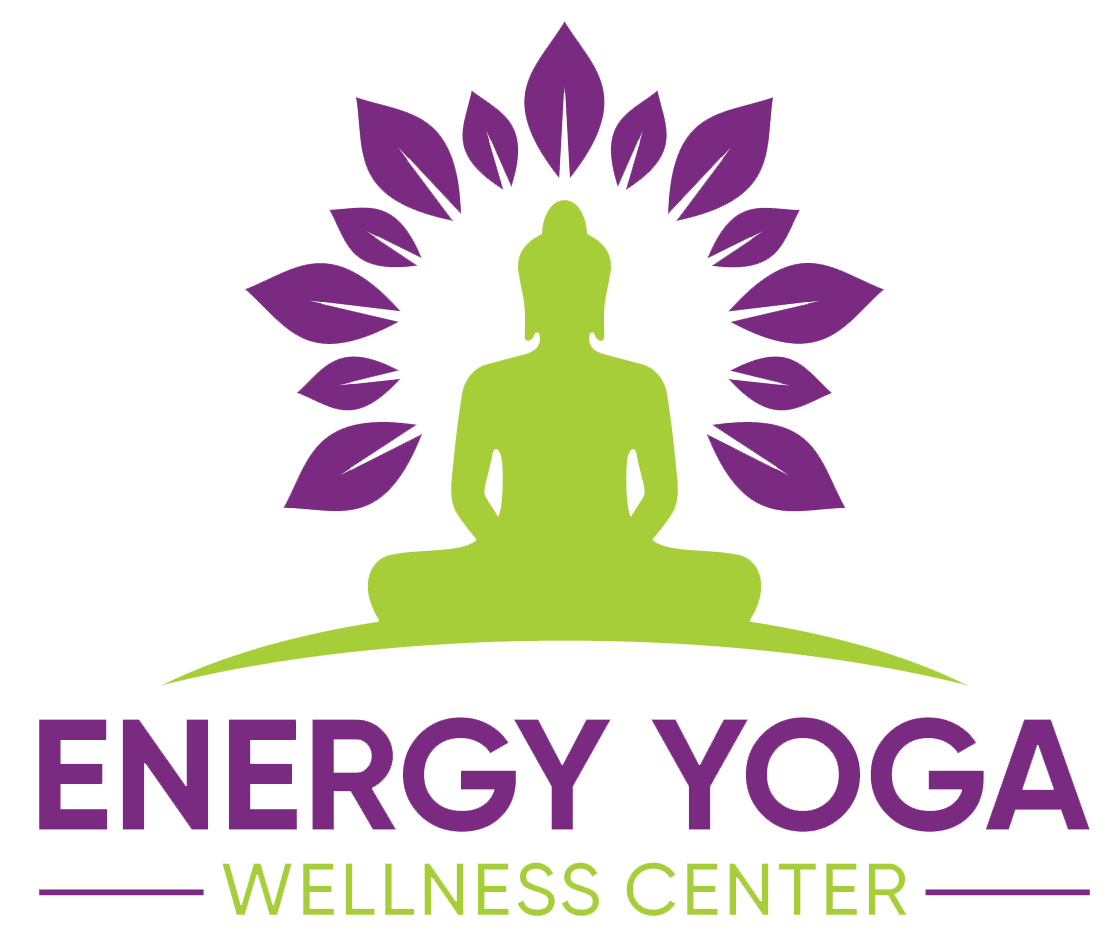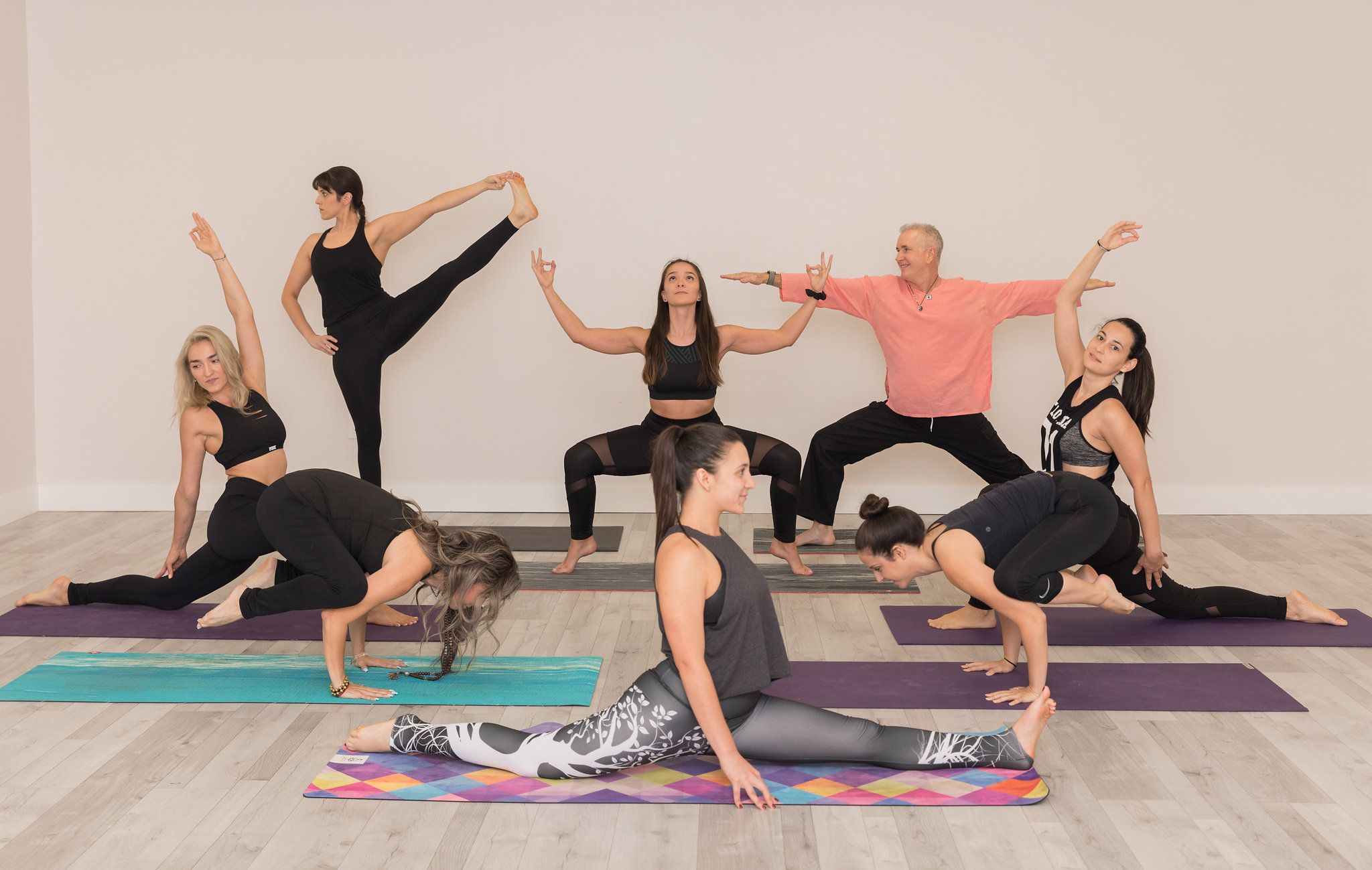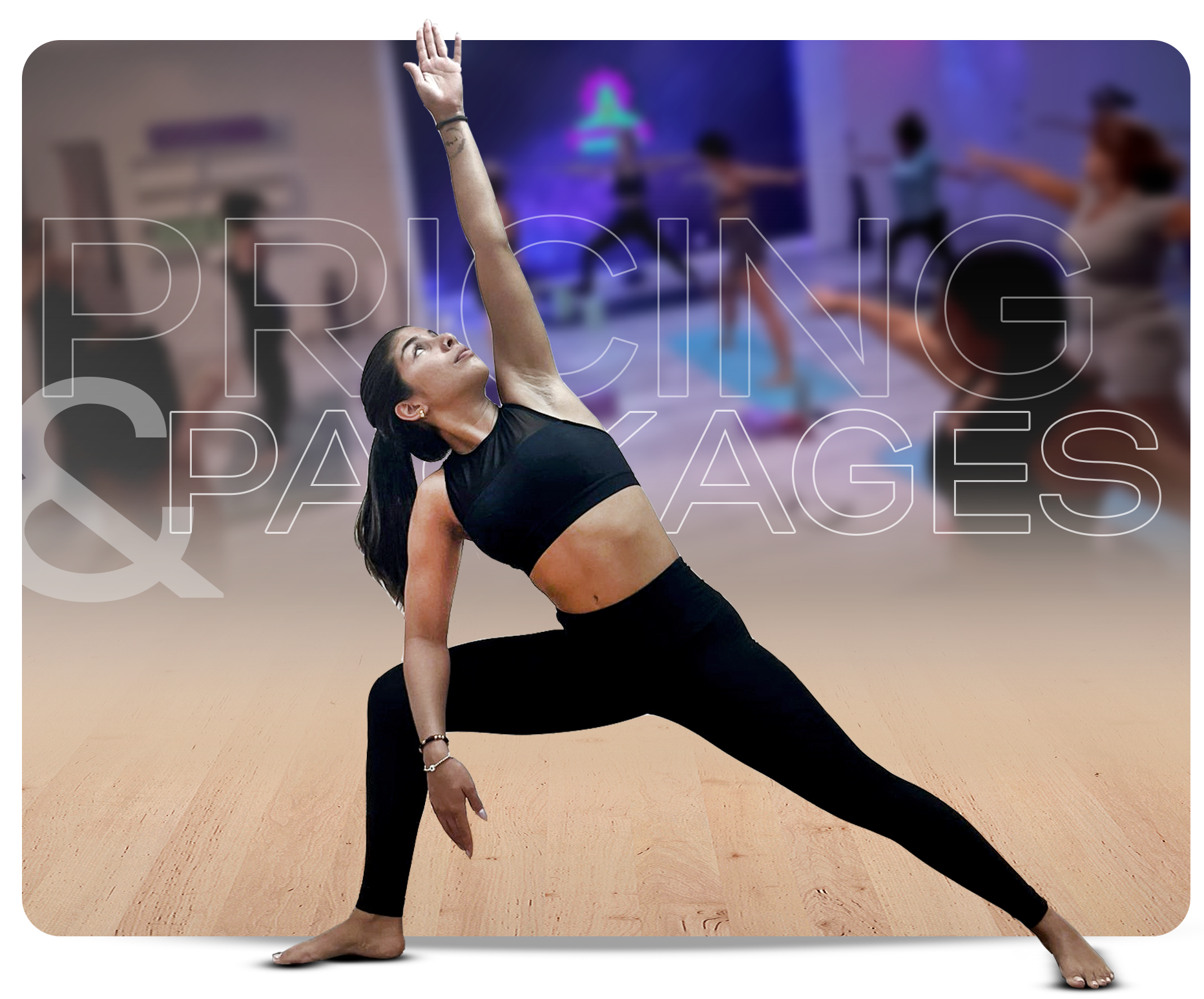WEEK 34.2 – (AUGUST 23-AUGUST 30TH) – WITNESSING THE DANCE
“They say dancing is like dreaming while you are awake. In dance the body expresses, in poetic movement what words cannot. Allow your practice to be poetry tonight and your mat to be the canvas. Express yourself in the limitless boundaries of your practice” – David Scott
“Life is a dance. Mindfulness is witnessing that dance.” – Amit Ray
“What if what your after can not be pursued. What if what you are seeking is seeking you and instead of searching you just need to prepare yourself for it to find you?”
Lao Tzu, “when you let go of what you are, you become what you might be.”
“May you see sunshine where others see shadows, and opportunities where others see obstacles.”
Your faith can move mountains and your doubt can create them.
“Let your dreams be bigger than your fears, your actions louder than your words, and your faith stronger than your feelings.”
“There isn’t enough room in your mind for both worry and hope. You must decide which one will live there.”
“A quiet mind can hear intuition over fear
“We must never allow other’s limited perceptions to define us.”
“Negative people need drama like it’s oxygen. Stay positive and take their breath away.”
“Taking care of yourself makes you stronger for everyone in your life … including you.”
“These pains you feel are messengers. Listen to them.” – Rumi
“If God took back the pain, you would lose the strength you gained.”
“How you treat others is a reflection of how you feel about yourself.”
“The worst thing is watching someone drown and not being able to convince them that they can save themselves by just standing up.”
“We can spend so much of our vital energy futilely trying to make someone happy, who is not happy with themselves. Stop wasting your energy on emotionally bankrupt people, they do not need a life ring, they need to learn to swim. Consider the fact that maybe God closed that door, because you deserved more.”
Perspective
“Lately I’ve been replacing my “I’m sorry”s with “thank you”s, like instead of ‘sorry I’m late’, I’ll say ‘thanks for waiting for me‘, or instead of saying, ‘sorry for being such a mess‘, I’ll say ‘thank you for loving me and caring about me unconditionally‘.” – Unknown
“If nothing ever changed there would be no butterflies.”
Don’t hold on to the dead leaves in your life, “Be like a tree and let the dead leaves drop. “Life is balance of holding on and letting go.” – Rumi
“Do not feel lonely, the entire universe is inside you.” – Rumi
“Whatever the situation, never let your emotions overpower your intelligence.”
“The lion is most handsome when looking for food.” – Rumi
“People look for retreats for themselves, in the country, by the coast, or in the hills . . . There is nowhere that a person can find a more peaceful and trouble-free retreat than in his own mind. . . . So constantly give yourself this retreat, and renew yourself.”
“Not everything that is faced can be changed, but nothing can be changed until it is faced.”
“In the end, only three things matter: how much you loved, how gently you lived, and how gracefully you let go of things not meant for you.”
“There are only two days in the year that nothing can be done. One is called yesterday and the other is called tomorrow, so today is the right day to live, love, and laugh.”
“If we understood the power of our thoughts, we would guard them more closely. If we understood the awesome power of our words, we would prefer silence to almost anything negative. In our thoughts and words we create our own weaknesses and our own strengths.”


